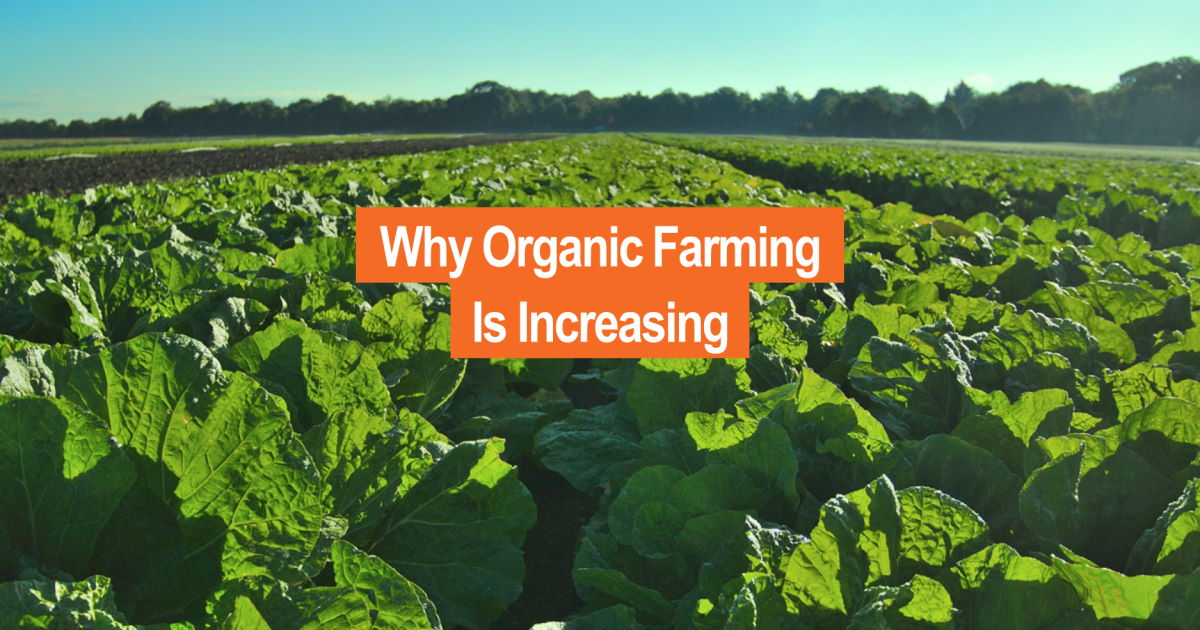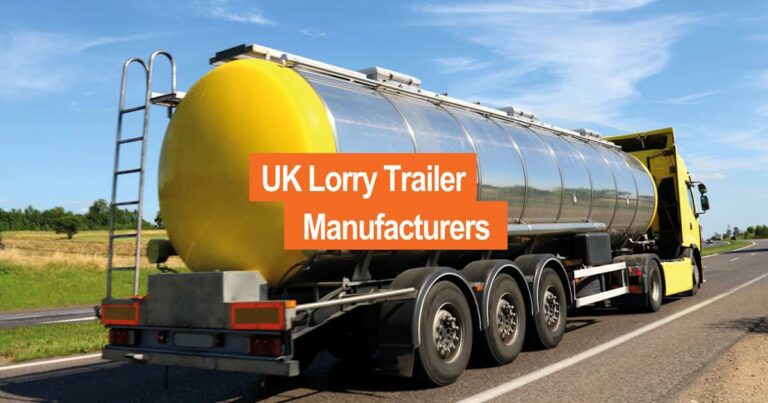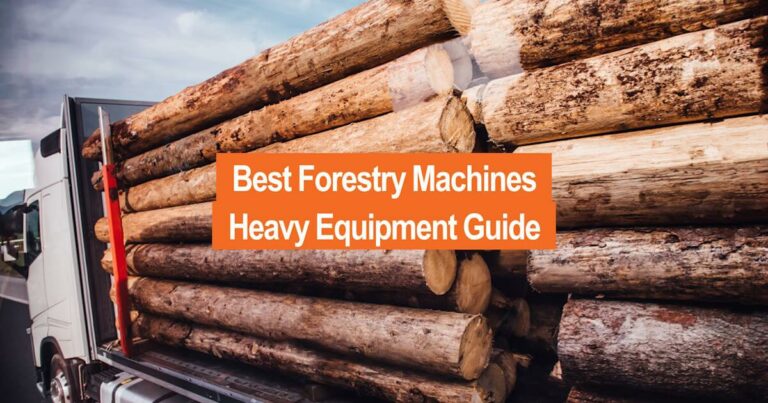Many trends in farming come and go based on the economy and consumer demand. However, one trend that has been steadily on the rise since it first emerged is organic farming.
With demand for organically-grown food at an all-time high, and new restrictions in place to protect the environment, more UK farmers are turning organic.
While consumers may opt for organic food from a health perspective, there is much more to organic farming than just avoiding certain chemicals. We have taken a closer look at how organic farming became such a big movement, organic farming advantages and disadvantages, and how farmers can convert to organic farming.
History of Organic Farming
Post-World War I, governments encouraged the use of chemicals and pesticides by famers to increase production, improve yields and combat food shortages.
However, many scientists noticed a decline in biodiversity within a few years, a drop in food quality and an increase in soil acidification and erosion.
So historically speaking, organic farming began as a reaction to a post-war agricultural boom.
By the mid-1920s, organic farming was firmly on the map thanks to the work of Rudolf Steiner. In 1938, his book “Bio-dynamic Farming and Gardening: Soil Fertility, Renewal and Preservation” introduced the world to the idea of commercial organic farming on a large scale.
Organic agriculture made leaps and bounds during and immediately after the second world war, when a shortage of fertiliser meant organic farming was the only option. The improvements in the soil and the quality of the food, as well as health benefits for consumers, meant that by the 1950s, organic farming was here to stay.
Organic Farming Statistics – High Demand
Initially, organic farming was a small minority of farms producing organic produce at a high price point for a minority of consumers. But as environmental concerns have grown, official figures show that organic farms now cover 507,000 hectares of UK farmland.
Demand for organic food is at an all-time high.
The organic produce market in the UK is now worth over £3 billion and still increasing. This makes organic farming a viable proposition for UK farmers more now, than ever before.
Organic Farming Advantages
With demand for organic food increasing, more and more UK farmers are looking to become fully organic. With so many organic farming benefits, it is no surprise that there are now almost 6,000 organic operators in the UK.
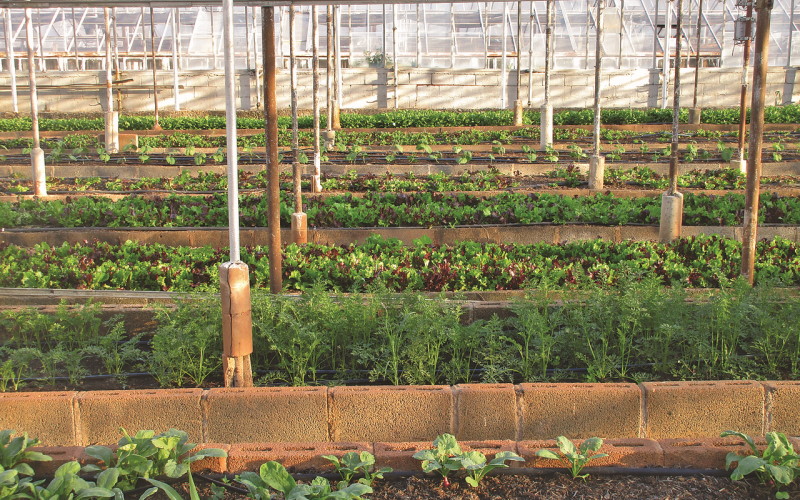
1. Sustainable Organic Farms
One of the main reasons farmers opt to become organic, is because organic farming is more sustainable in the long term. Better soil quality, fewer greenhouse gas emissions and heavy machinery, high water retention and more diverse ecosystems mean organic farms will fare better in the future.
As the climate becomes unstable, organic farms will be able to continue to produce high-quality produce all year round rather than being struck by flooding, drought and infertile soil. Organic farming may be the only answer for farmers planning for the future.
In addition, increasing regulations on energy production and usage, pollution and waste means organic farmers that embrace sustainable options will be more equipped to meet future demands without needing to overhaul their entire farming process.
2. Reduced Costs
While the overall cost of producing organic foods is high, research shows that some expenses are actually reduced. Organic farming is more energy-efficient, requiring less watering and irrigation.
Organic farms that don’t frequently spray their crops with fertiliser also use less heavy machinery and spend less on fuel. With the price of fuel in these times, this can be a major benefit of organic farming.
The result is that organic farmers can have lower energy bills than non-organic farmers.
3. Increased Government Support
The UK government has also recently announced new sustainable farming grants to help support farmers that produce organic food and use environmentally-friendly processes (and which also produce less emissions) associated with organic farming.
UK farmers can apply for support to restore habitats, change land use and meet biodiversity goals.
With more government support, organic farmers can invest in more efficient machinery and cleaner energy sources to reduce costs and use the latest technology to improve production with very little expenditure.
4. Fewer Hormones And Antibiotic Resistance
Moving to organic farming can also impact the health of the human population.
The growth hormones and antibiotics used in traditional agriculture remain in the produce when consumed. The result is that conventional farming is adding to the global problem of antibiotic resistance.
Organic farmers cannot use these chemicals and so are helping combat the issue of antibiotic resistance. By producing crops organically, consumers ingest fewer chemicals and pesticides, which improves our overall health.
Organic Farming Environmental Benefits
Of course, aside from the advantages listed above, the environmental benefit is one of the main reasons farmers choose to become organic.
The impact traditional agriculture has on the environment is considerable. Organic farming methods are a substantial step forwards in helping reduce our effect on the current global crisis.
The pesticides and chemicals often sprayed onto crops to tackle insects and other pests leach into the surrounding soil and water systems, causing damage. As the ground becomes more acidic, it supports fewer bugs and erodes much faster.
Organic farming can help reverse this effect and encourages healthy soil and ecologically sound farmland.
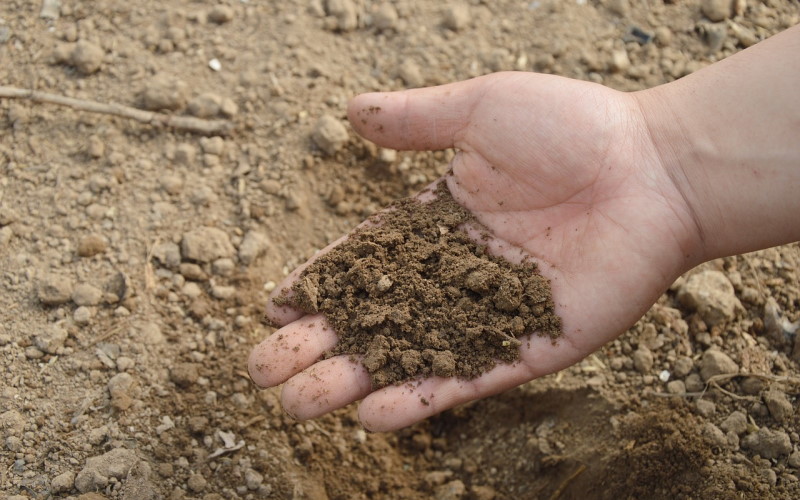
Eroding soil will eventually reduce the amount of farmable land and contribute to food shortages. Soil that cannot be used to grow crops will become grazing land or must be left to recover.
By using organic farming techniques, farmers are slowing this process and protecting land for the future.
The chemical run-off from farmland continues to pollute water supplies causing further damage to rivers and lakes and the fish or animals in them. Reducing the use of chemicals in farming means helping protect other habitats and land contaminated by farming chemicals.
Organic farming can also help prevent water shortages as organic farmers tend to the soil more effectively and conserve water more efficiently. Organic farmers using mulch and natural fertiliser can help conserve water in the ground.
Combining these practices with collecting and using rainwater to irrigate crops means less water wastage and fewer water shortages.
Local Wildlife Benefits
However, the most visible positive change organic farming can have on the environment is on the local wildlife and biodiversity.
Chemicals used in traditional agriculture dramatically reduce biodiversity killing off bugs and insects and impacting the entire ecosystem. With more bugs on organic farms, there are more small mammals and birds and, therefore, more predators.
A shift towards organic farming is better for all wildlife, including humans!
Organic Farming Disadvantages
Despite all the excellent organic farming benefits, nothing is perfect. There are a few drawbacks for any farmer looking to transition towards organic.
Labour Intensive
Without the use of chemical weedkillers and an increased need to manage soil and deal with common pests and diseases – organic farming is often very labour-intensive.
Tackling disease, pests and weeds naturally is hard work. To receive organic certification, farmers need to maintain records of their work and how they tackle problems. So, as well as more work in the fields, the need to keep official documentation increases.
Buffer Zones
Another issue facing the UK’s organic farmers is their non-organic neighbours. Since chemicals leak into the soil and soak into the surrounding environment, organic farmers often can’t plant crops right up to the borders of their farm land.
This reduces the amount of available farmland and means fewer crops per hectare.
Increased Costs
Organic foods are generally more expensive for consumers to buy, thanks to the increased costs of organic farming. Natural feed, increased labour, buffer zones and sourcing organic fertiliser makes organic food more expensive to produce.
Once farmers sell the produce for more, it becomes similar to regular farming. However, the cost of investing in the first cycle can be prohibitive. That is why Evangate FS help farmers with affordable farm finance which caters for farming cycles.
Furthermore, since organic produce is more expensive for the consumer, organic farming demand is directly affected by the economy. Demand can drop significantly as people struggle financially, giving organic farmers a hard time.
How To Start Farming Organically
Moving over to organic farming won’t happen overnight. Most UK farmers take around two years to transition over fully organic agriculture, and chemicals in the soil and environment can be present in trace amounts for much longer.
One of the main challenges facing farmers who want to move to organic farming is a financial barrier.
Many farmers will need to invest in new equipment in order to care for plants without using synthetic fertilisers and other chemicals.
Farmers will also need to check their land and soil quality to make sure planting crops organically is even possible. That is why it is good practise to have a carbon audit conducted.
While the UK government does provide some support to aid farmers, most farmers will need proper support from a specialist agricultural finance broker or lender to make the necessary investments.
Many high street banks are unwilling to make loans to farmers due to the length of the agreement. However, specialist lenders will provide financial support over the long term to help farmers become organic.
Next Step
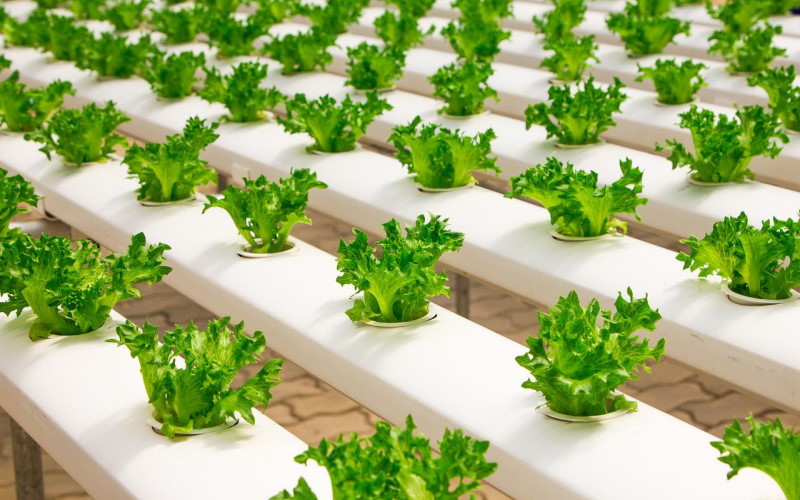
With demand for organic produce growing, increasing demand for environmentally friendly farming solutions, and more farm diversification lenders, it is easier and more beneficial than ever for UK farmers to go organic.
For more information on receiving financial support to transition to organic agriculture, get in touch with Evangate FS today.

